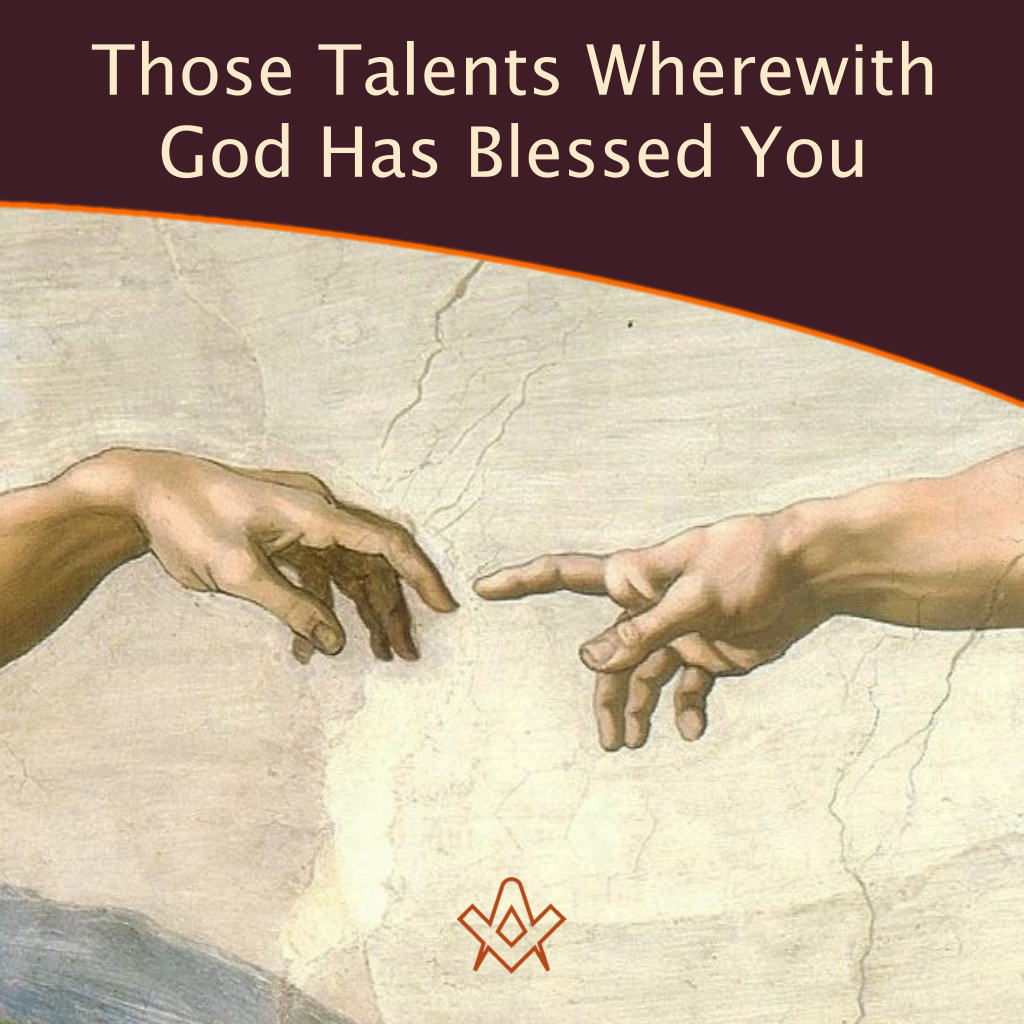Everyone who goes through the initiation ceremony of the first degree, has their experience rounded off with the Charge to the Initiate.
This is a fantastic piece and, when performed correctly, can deliver a lasting impression of what Freemasonry is all about.
Within its words is collected all of the aspirations a freemason should work towards, every public and private virtue.
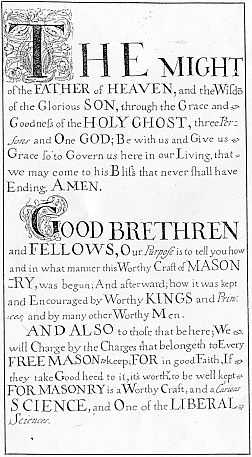
In this article, I would like to focus on one particular passage, which goes as follows:
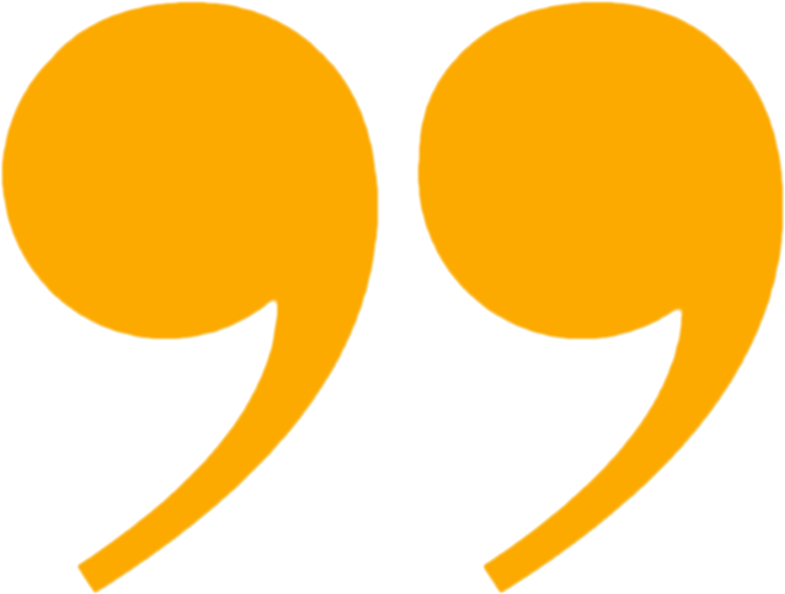
.. and by such a prudent and well-regulated course of discipline as may best conduce to the preservation of your corporeal and mental faculties in their fullest energy, thereby enabling you to exert those talents wherewith God has blessed you, as well to His glory as the welfare of your fellow creatures.
These words are to exhort the newly made Mason to contemplate their own skills, and to commit to exercising them to the benefit of the wider community, or even the world.
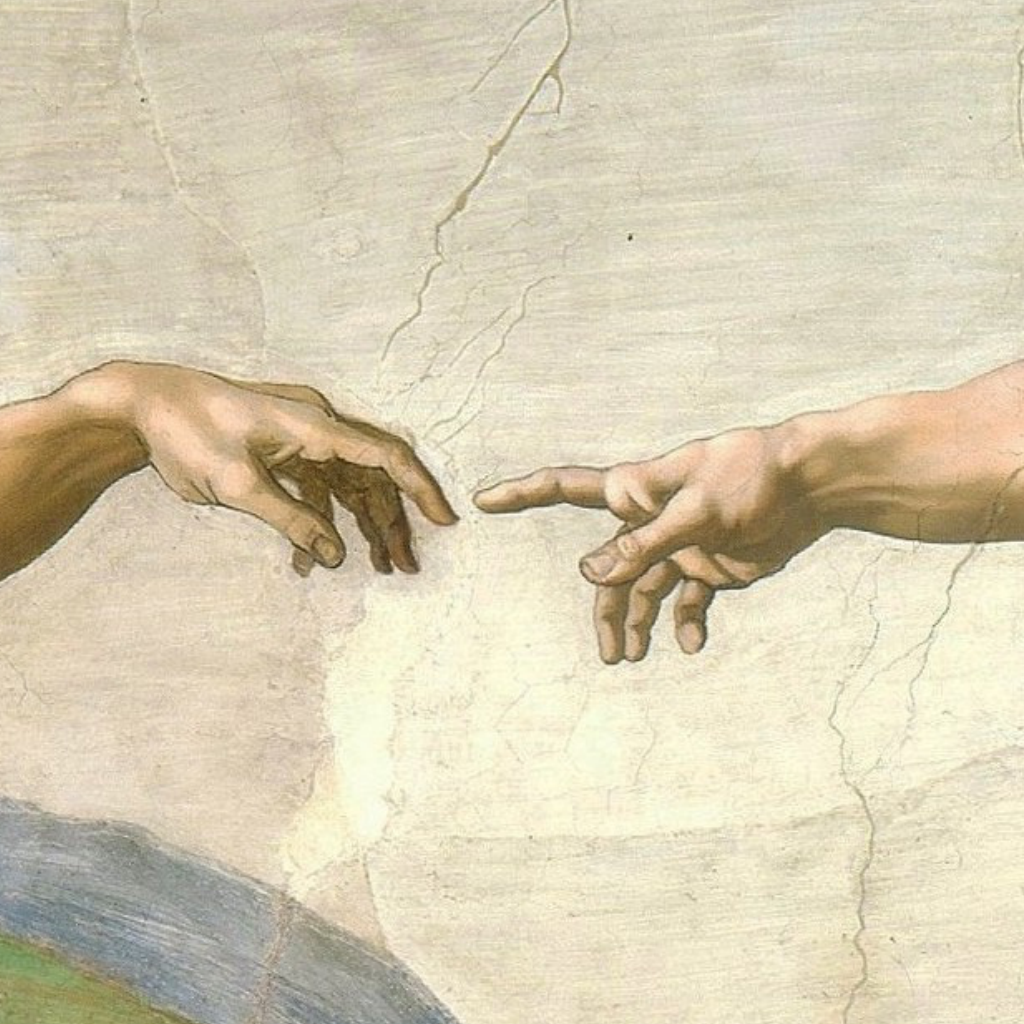
The Creation of Adam (detail) – Michelangelo
IMAGE LINKED: wikimedia Attribution 4.0 International (CC BY 4.0)
This advice is one of the most important things we can do in life. It is worth noting that the passage points out that your course of discipline should be built around your particular talents, which has the effect of keeping you mentally and physically healthy.
If we do not feel fully expressed in our work and life, we can feel caged, which can lead to dissatisfaction and boredom, even depression.
It is crucial to be able to express who you are.
This leads quite naturally into three questions you should consider.
Firstly, do you feel that your life is a work of art, which enables you to fully express who you are, to contribute uniquely to the world?
Secondly, is the place you work at a vehicle for your talents and unfolding development, does it empower you to express your gifts, or are you merely an extension of that place of work?
Finally, do you look to the future with a sense of destiny and purpose, where the world is a better place for you having lived in it?
Have a think about these, admittedly idealised, questions for a moment.
Many of us look at work as something that we must do to earn money which, of course, is true.
The problem is, that’s where it ends. The employee quickly gets used to having to perform tasks because that is what they are expected to do.
Wouldn’t it be better to centre our work around who we are? To have a sense of contribution that transcends any particular place of work? Truly, with such purpose, we can be free.
The tasks we perform would be in service to our goals; the places we choose to work, the organisations that help us develop onwards, and who symbiotically benefit from their association with us.
A person whose work I greatly admire, Sir Ken Robinson, in his TED talk, pointed out that each of us has something unique to contribute to the world.
However, he goes on to say that our education system is not designed to draw these talents out.
Instead, to paraphrase him, the only thing the system is designed to do is to train professors; the only logical outcome of our long process of education. This means that many people are left by the wayside.
Sir Ken Robinson: Do schools kill creativity?
To drive his point home, he tells the story of a little girl who didn’t listen at school. She never sat still, and was always staring out of the window.
This was to such an extent that that girl’s mother took her to see a psychiatrist. Once there, the doctor pulled the mother to a different room, at which point the girl got up and danced around.
The psychiatrist’s conclusion and recommendation? There was nothing wrong with the girl, she was a dancer, and that the mother should enrol her in dance lessons.
Advice that the mother took, and thankfully so, because this girl was Gillian Lynne, who went on to become renowned for choreographing such hits as Cats and Phantom of the Opera.
So many of us have a passion that wants to punch out of us and spread out to do good in the world.
In fact, it is this subject that is my passion. When I am not writing articles for The Square, I am engaged in researching how a person can discover and express those talents.
Currently, I am researching the development of a system that leverages computer games to uncover unconscious behaviour that can be fed back to a player and thus shed light on their hidden talents.
If we have predispositions that will help us to contribute more to the world and, in doing so, arrive at a sense of satisfaction in our lives, they can be discovered by reducing our self-conscious thought and getting to know what we truly feel inside.
It is this feeling that acts as a lighthouse to guide us on our journey, and onwards to where we are ‘supposed to be.’
Many successful people have followed their own path. Examples include Richard Branson, Elon Musk, Steve Jobs, Bill Gates, to name but a few.
When I say successful, I do not mean in terms of money. I mean that each of them have had a vision that they believed in so much, that they felt it to their very cores.
They each followed this passion to achieve great things and have contributed much to the world.
![]()
.. most interesting of all human studies,
the knowledge of yourself
As Freemasons, we have access to a tradition that enables us to truly delve into our deeper selves.
Repeatedly, throughout our ceremonies, there are direct and indirect suggestions that we do our best to give service to the world; to dedicate ourselves to the improvement of mankind.
As the passage from the charge implies, we are happiest and healthiest when we are aligned with what we are supposed to do.
Freemasonry is all about making the world a better place.
It is therefore imperative that the Freemason follows that, in its own words, “most interesting of all human studies, the knowledge of yourself.”
The more you know your true self, the more you can fully express that self in your work.
Your life becomes art, to the benefit of all.
Article by: Craig Weightman

Craig Weightman grew up in Hinckley, Leicestershire and was educated at the University of Leicester, gaining a degree in Psychology and Computer Science.
He was initiated into Freemasonry in 2003, and became master of his lodge in 2014.
Outside of his interests in Freemasonry, Craig is a lecturer in Computer Games Design and Computer Science at a college in Warwickshire. He also develops websites for businesses.
Craig is the author of 'A Journey in Stone'.
 A Journey in Stone – Extracts of Wisdom p.10 More extracts of wisdom from Craig Weightman's book 'A Journey in Stone' – in this final part in the serialisation, we discover the Transformative Symbolism of the Royal Arch – and the end of the journey. |
 A Journey in Stone – Extracts of Wisdom p.9 More extracts of wisdom from Craig Weightman's book 'A Journey in Stone' – this month, we explore the 'Illusion of the Self and the Truth of Interdependency' |
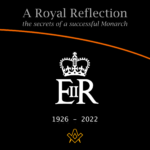 A Royal Reflection – the secrets of a successful Monarch On the death of Her Majesty Queen Elizabeth II, Craig Weightman, in a fitting tribute to an exemplar, recently departed, reflects on how the late Monarch's life demonstrated how we should all live every moment, as we serve others. A poignant reflection on a life that was resplendent in virtue, to the benefit of all, which is what Freemasonry attempts to teach us. |
 A Journey in Stone – Extracts of Wisdom p.8 More extracts of wisdom from Craig Weightman's book 'A Journey in Stone' – this month, we explore |
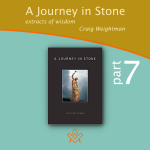 A Journey in Stone – Extracts of Wisdom p.7 More extracts of wisdom from Craig Weightman's book 'A Journey in Stone' – this month, we explore |
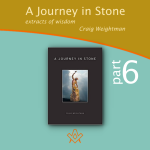 A Journey in Stone – Extracts of Wisdom p.6 More extracts of wisdom from Craig Weightman's book 'A Journey in Stone' – this month, we explore the Working Tools of the Third Degree. |
 A Journey in Stone – Extracts of Wisdom p.5 More extracts of wisdom from Craig Weightman's book 'A Journey in Stone' – this month, we explore the Working Tools of the Second Degree. |
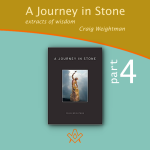 A Journey in Stone – Extracts of Wisdom p.4 The Working Tools of the First Degree – the twenty-four-inch gauge. This book collates masonic author and psychologist, Craig Weightman's collective wisdom and philosophy, taking you on a fascinating 'journey in stone'. |
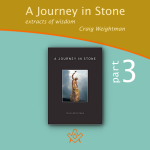 A Journey in Stone – Extracts of Wisdom p.3 This book collates masonic author and psychologist, Craig Weightman's collective wisdom and philosophy, taking you on a fascinating 'journey in stone'. |
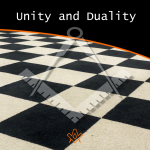 Craig continues his previous exploration into the 'hero's journey' through life's travails; this month we discover how within the stormy sea of battling opinion and confusion, there is an island called Freemasonry. |
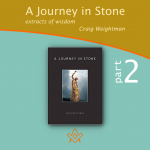 A Journey in Stone – Extracts of Wisdom p.2 This book collates masonic author and psychologist, Craig Weightman's collective wisdom and philosophy, taking you on a fascinating 'journey in stone'. |
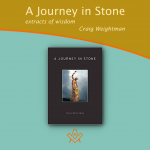 A Journey in Stone – Extracts of Wisdom p.1 For those who have enjoyed Craig Weightman's thought-provoking and inspiring monthly features, this book collates his collective wisdom and philosophy, taking you on a fascinating 'journey in stone'. |
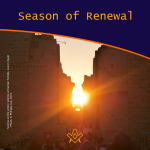 This spectacle takes place at the same time every year. Literally, the sun 'dies' for three days, then is reborn on the Christmas morning. |
 Coming to Terms with the Great War Within Ourselves Discover your 'shadow' - the black-and-white path to self-awareness - "A man who is possessed by his shadow is always standing in his own light and falling into his own traps...living below his own level." - Carl Jung |
 The Masonic Art of Being a Gentleman What defines the masonic art of being a gentleman; a chivalrous, courteous, or honourable man? |
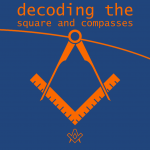 Decoding the Square and Compasses The square and compasses is the most famous symbol with which Freemasonry is identified. However, this is not just a logo that helps the organisation to stand out from the rest. |
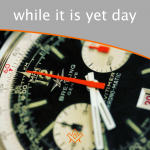 Each moment is a gift that you can make the most of. We can all do more; many of us do not live our lives to the full. |
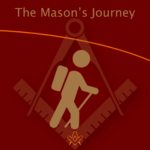 The hero’s journey can also be seen in the Masonic system; a candidate first considers embarking on the Masonic journey but wonders whether it is really for him |
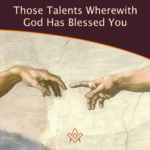 Those Talents Wherewith God Has Blessed You Incorporated in the charge to the initiate, has a lasting impression of what Freemasonry is all about. |
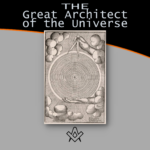 The Great Architect of the Universe When a candidate for 'Regular' Freemasonry is interviewed, prior to being admitted, he is always asked if he believes in a Supreme Being. |
masonic knowledge
to be a better citizen of the world
share the square with two brothers

click image to open email app on mobile device



